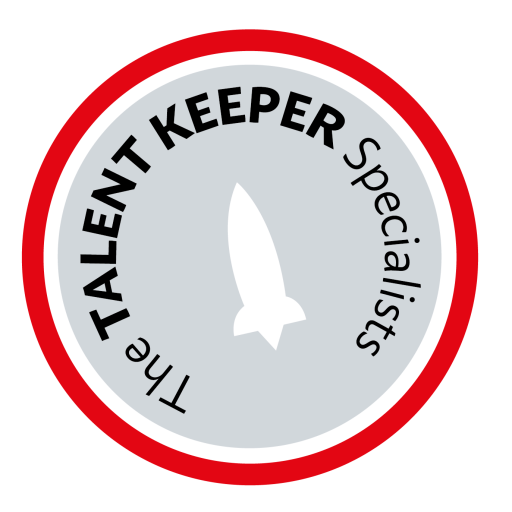Covid-19: A Psychologist on Play, Purpose & Potential
Play, Purpose and Potential for Motivation & Performance whilst working remotely: a guide for line managers.
Play, purpose and potential are three positive motivators identified by Lindsay McGregor and Neel Doshi (ex-McKinsey & Co and co-authors of Primed to Perform) that often lead to increased work performance but are most at risk whilst we’re working remotely. See their piece in Harvard Business Review.
So what can people managers do about it? Read on for our nine practical suggestions for stimulating play, reinforcing purpose and nurturing potential.

Play (the motive that most boosts performance)
- Give your team an audacious goal. “Imagine if this time next year we could say we’d achieve X, what would have happened to get us there?” This could kick-off as a 45 minute group brainstorming challenge over virtual afternoon tea (everyone to bake/buy own scones, jam and cream).
- Have a fun problem-solving task running in the background such as how to celebrate the return to work on a budget of £500. Invite people to add pictures, films and notes to a shared folder.
- Put a playful provocation in the post to your team. [Post coming soon sharing something that went in the post from our CEO to everyone in the team].
And remember to ask your team for ideas on how to inject playfulness into how you’re working. You don’t have to have all the answers.

- Keep your clients and customers alive in your team’s mind. You might ask each team member to dig out some customer feedback they’re proud of and reflect on what that customer might need now.
- Keep your team connected to their why. Be the person who reminds others of why they do their job and what they enjoy about it. Can’t recall? Try thinking of a time each of your team members was particularly upbeat at work and what was happening – that should spark something.
- Review (and revise) the team why. This is about everyone in the team knowing the purpose of the team; not the activities of the team but why you do it. Depending on how your organisation is affected by Covid-19 there may be an urgent need to revise the objectives of your team – or it may simply be a good opportunity. Try this activity which then forms a neat basis for a first post-social distancing team meeting:
– Ask each team member for the 1-sentence response they’d give the CEO if they asked why the team exists.
– Invite each team member to come with a revised sentence of why the team exists (it’s purpose) in the light of where the world is now. (They might not want to revise the first, that’s fine, but you’ve provoked thinking).
– Invite everyone to list what they believe to be the three most important things the team as a whole should continue doing, start doing and stop doing (nine in total).

- Remind each team member what you most value in them, how those qualities are making a difference now and why they’re going to continue to be important. For recent joiners, you might comment on specific qualities that made them stand out during the hiring process.
- Encourage low-cost CPD the whole team can benefit from. Two ideas we particularly like:
– Every team member chooses a non-fiction book that relates to work/the specific work you do (even if only loosely). Agree a deadline. Read the book with the aim of picking up three ideas that could be useful to the team, why and how they could be applied. Everyone shares via a short film or live on a team call (5 minutes max).
– Every team member to identify someone (inside or outside the team) they admire for a particular technical skill/strength/characteristic. Everyone commits to approaching their ‘person on a pedestal’ for a 30 minute conversation to learn more about how they got good it, any useful resources and tips on how the learner can build their skill. Some beautiful cross-team relationships could form because of it…
- Invite team members to access Strengths Profile (currently free during Covid-19). This is a tool that raises awareness of what an individual naturally finds energising. It can be the basis of conversations about how to better use the individual and collective strengths of the team – as well as identifying opportunities for growth by tapping into ‘unrealised strengths.’ When we use our strengths we’re more engaged, perform better, feel happier and give more discretionary effort. Even in an organisation with – and perhaps because of – significant interruption to usual workflow, reduced orders/customers and financial constraints, there is opportunity for personal growth. As a leader you can be a beacon of hope and optimism by sharing this idea.




Leave a Reply
Want to join the discussion?Feel free to contribute!